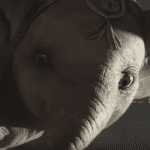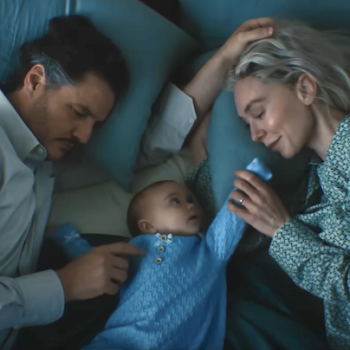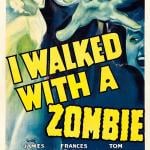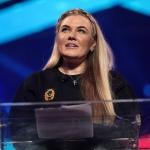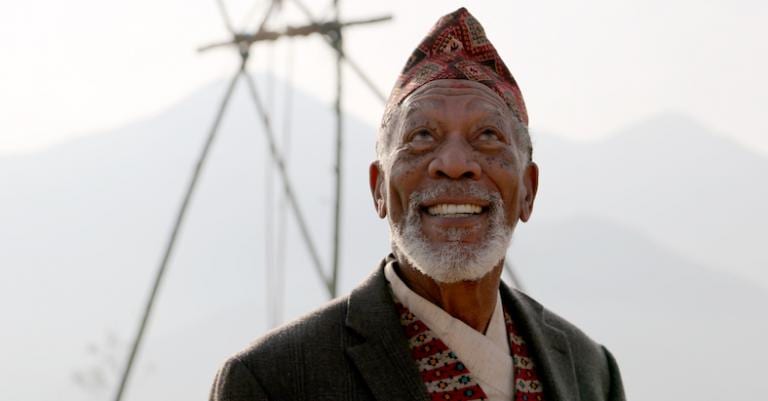
Morgan Freeman knows more about God than most of us.
It’s not just that the Oscar-winning actor has literally played God a couple of times (in both Bruce Almighty and Evan Almighty), or that his voice sounds like it comes straight from Mount Olympus. Since 2016, Freeman’s been the host of one of National Geographic’s most interesting, most provocative shows: The Story of God with Morgan Freeman. Its third season begins this Tuesday, March 5, on the National Geographic channel.
Since 2016, Freeman—along with fellow executive producers James Younger and Lori McCreary and a dedicated film crew—have been on a global adventure, exploring myriad religious and spiritual traditions in its farthest recesses. He’s crawled through ancient tombs, poked around glorious cathedrals and has even been blessed by a child thought to be a living goddess. Just for the show’s third season, he and his cohorts traveled nearly 75,000 miles—talking with Hindus and Muslims, pagans and Christians.
And Freeman will the first to tell you what a long, strange trip it’s been.
I had a chance to talk with Freeman, Younger and McCreary about The Story of God, the role of religion in the 21st Century and the surprising thing that Freeman discovered about himself during the show’s run so far. (The conversation has been edited a bit for clarity.
Paul Asay: It’s been said that we’re living in a post-Christian society here in the United States. While the country is still pretty spiritual, religious attendance is on the wane. Some might say that religion is not as relevant as it once was. But that’s not really true, is it?
Morgan Freeman: No, it’s not at all. Not at all true. And I’m not sure it’s correct to say that religion is on the wane in this country. You only have to visit one of the megachurches to see that, no, we’re very strongly after whatever it is that we’re looking for when we seek God’s help.
Asay: And that’s sort of what this show’s really about, right? That we all have certain spiritual longings, and whatever tradition you’re apart of, those longings never go away.
Freeman: I think that would be fair to say.
James Younger: If I can pick up on your first question, about this being a post-Christian society, it probably is true in that it’s post-Christian in that 50, 100 years ago, Christianity was really the only significant religion in the country. I mean, apart from Judaism, but that was always a very small minority. Now we live in a world where we do have to think about other faiths in our daily lives. It crosses our minds all the time. So it’s important that we see the world through the lenses of multiple faiths.
Asay: How important is it that we understand religion? Not just the religion that we might follow, but religion as a whole? How important is it that society grapple with faith?
Lori McCreary: I think [it’s very important] given what’s going in the news. I think because we’re so globally connected now, as James was saying, it’s hard not to be affected by or hear stories about somebody who has a different belief system than we do. And I think it’s more important that we understand our fellow humans across the globe, especially as it comes to their personal beliefs, because that’s often what’s called out about how different we are. And I think for us, the way to have relationship with people around the world is for us to understand them. And one way of understanding people is for us to understand how they answer their own questions of, ‘Why am I here?’ and ‘Where am I going?’
Asay: Mr. Freeman, you say in one episode of the new season [“Gods Among Us”] that one role you’ve done seems to draw people like no other—the role of God. Spirituality obviously resonates with most people. But why does it resonate with you? What has drawn you to be a part of a show like this?
Freeman: I don’t want to sound too off here, but I think I’ve always been fascinated by the [big questions of faith], the very idea of our belief in the hereafter. What we’re doing here. Why we’re here. And [why] the stories in the Bible that I’ve read—oh my goodness, just about all my life—that these stories hang on. They don’t go anywhere. They’re with us, and that makes them real. I guess when the opportunity came along for us to get into the depth of religious belief, I’m just fascinated by it.



